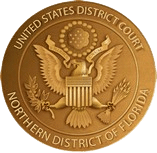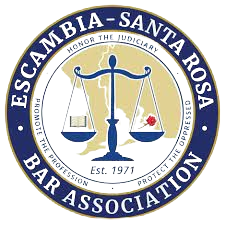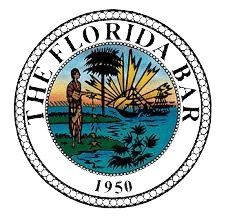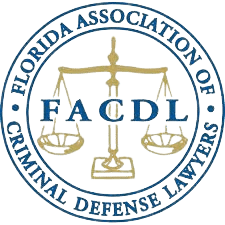
With the help of an experienced criminal defense attorney, it is possible to defend against drug charges with litigation strategies.
Step One: Police Actions
The first thing to do when starting a defense against drug charges is to examine the legality of the police officers’ actions. An attorney will look at what led an agent to be searched, prosecuted, or arrested. If the police have acted illegally in their actions when stopping you, searching you or your possessions, questioning you, or obtaining a warrant, this may be a violation of your Fourth, Fifth, or Sixth Amendment. If this is the case, critical evidence in the case may be excluded.
Police actions that would lead to evidence being dismissed include:
– Illegal tracking of a vehicle
– Illegal tracking with the use of canine agents
– Illegal obtaining of an arrest warrant
– Interrogate a person without allowing him to communicate with a lawyer
Second Step: Lack of Evidence
In Florida drug possession cases, all items must be established for actual or implied possession. If an item is missing, you can try to seek a motion to dismiss. This may be done if it cannot be proven that the person in possession of the drug had full knowledge of the substance or if there are questions as to how he or she came into control of the substance. For example, the drugs could belong to another person if a vehicle or residence is occupied by several people.
If the evidence is weak, you can try to dismiss the case or use the loopholes as a negotiating tool to get lenient offers for the defendant.
Step Three: Assess the Background
For first-time offenders or those with minimal criminal history, it is also possible to obtain a dismissal through an alternative program such as Pretrial Intervention (PTI).
In such cases, the State’s Attorney would drop all charges once the defendant meets certain conditions. These may include community service, payment of fines, and drug evaluations or treatment.
View All Blogs




